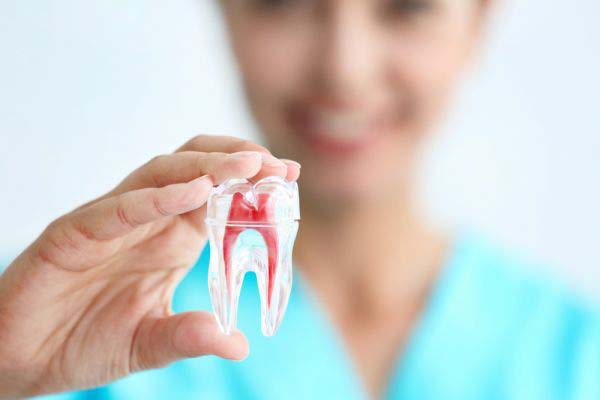Root Canal Treatment: Post-Treatment Care Tips from Celeste Pecks's blog
When people are recommended a root canal, they think that it is a painful procedure. Although, the pain is produced due to an infection in the tooth, not by the treatment. They need to understand the fact that a root canal is done to eliminate that pain. Therefore, they need not worry about it. You can discuss the Root Canal Treatment to clear your doubts.

It's normal to feel tenderness in the operated area for a couple of days after the root canal treatment since your body is undergoing the natural healing process. You may also feel some sensitivity in your jaw from keeping it open for a long period of time. These are short-lived symptoms and usually, vanish after taking some over-the-counter painkillers. But, it is important for you to follow the instructions of your Root Canal Specialist on how to take your pain medications. Remember that pain medication, if prescribed, can cause symptoms like drowsiness, dizziness, and sleepiness. Therefore, it is best in your interest not to drive or operate heavy machinery after taking these medications.
Post-operative Root Canal Therapy your tooth may feel a bit different from your other teeth for a few days. However, if you're undergoing severe toothache or pressure that lasts more than a few days, contact your dentist or endodontist.
Tips on Post-Treatment Care:
- Don't intake anything until the numbness in your mouth wears off. This will keep you away from biting the cheek or tongue.
- Do not eat or chew from the side of the treated tooth until you've had it restored completely by your dentist.
- Make sure to brush and floss your teeth regularly to avoid further complications.
If the opening in your tooth has been restored with temporary filling material, it is rare for a thin layer to wear off in between appointments. But, if you think that the entire filling came out, contact your dentist or endodontist.
If you experience any one of the following, consult your dentist immediately.
The bite feels uneven when:
- Visibility of swelling inside or outside of the mouth;
- A return of the original symptoms; or
- An allergic reaction to the medication, including hives, itching, or rash.
Taking Care of Your Tooth:
Root Canal Procedure is just a step in returning your natural tooth to full function. And to achieve that proper restoration of your treated tooth is extremely crucial to ensure long-term success.
Contact your Root Canal Dentist to arrange your next dental appointment without any delay. If the tooth is being treated in more than one sitting by an endodontist, do not go to your Top Dentist In Houston for the final restoration until the completion of root canal treatment.

What the Future Holds:
A tooth that undergoes a proper endodontic treatment followed by a proper recovery can last as long as any other natural teeth. After the tooth has been restored, you only have to practice good oral hygiene, including proper brushing, flossing, regular dental checkups, and cleanings.
The dentist or endodontist may occasionally x-ray the tooth to ensure that healing has been accomplished. Sometimes, a tooth that has undergone a root canal does not heal or the pain stays. In some cases, patients might experience tooth pain even after the successful treatment. In such cases, repeating the endodontic treatment is the only option to save your natural tooth.
If you are suffering from pain after the treatment, follow these simple steps as these can help you get the most relief. If the pain persists after the root canal treatment, be sure to contact your dentist. They get to control that the tooth is healing as it should.
Visit your nearest dentist or endodontist, if you continue to experience the pain more than a few days after the treatment.
Article source:- https://emergencydentistinhouston.wordpress.com/2021/04/30/root-canal-treatment-post-treatment-care-tips/

The Wall